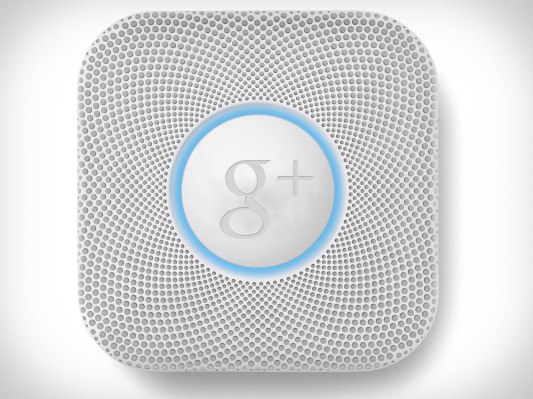Nest CEO Tony Fadell was at DLD in Munich today, giving his first on-stage interview since his company was acquired by Google in a massive $3.2 billion deal last week. Fadell and Nest had already made clear that the acquisition wouldn’t change how Nest treats user data, but he went a step further today, assuring users (via TNW) if there were to be any changes in the privacy policy under Google, they’d be opt-in and made fully transparent to users.
Fadell is clearly seeking to reassure users who think that as part of the Nest deal, Google will be able to harvest data gathered by the thermostats to help power its efforts to compile a more complete profile of its users for the purposes of advertising and monetization. Fadell already spelled out that there would be no change in the current privacy policy for Nest, which mandates that info only be used to improve Nest products and services and not shared with anyone else.
Later, however, Fadell admitted that the policy was subject to change. Google has frequently altered its privacy policy and user agreements to give it greater access to and use of user information. A good recent example is when Google announced it would be using Google+ user profile pictures in ads unless people opted out of that program, hence Fadell’s emphasis on the opt-in nature of any data sharing arrangement between Google and its new subsidiary Nest.
The comments from Fadell today might reassure some users, but they’re also a pretty clear indication that Nest will eventually be changing its user policy, and that part of that change will be some kind of dialog that will ask if Google can user your data, in the same way that you’re prompted to do so when you sign in to Maps and other products. Transparency around the changes means only that they’ll spell out what’s happening, which is actually only what they’d be required to do in order not to cause a massive user furor.
Google and Nest have the potential to do great things together for users and consumers, but don’t expect that to happen without users giving up some more of their precious data to the search giant. All that remains to be seen is how that will happen, and what people get in exchange for that access.
